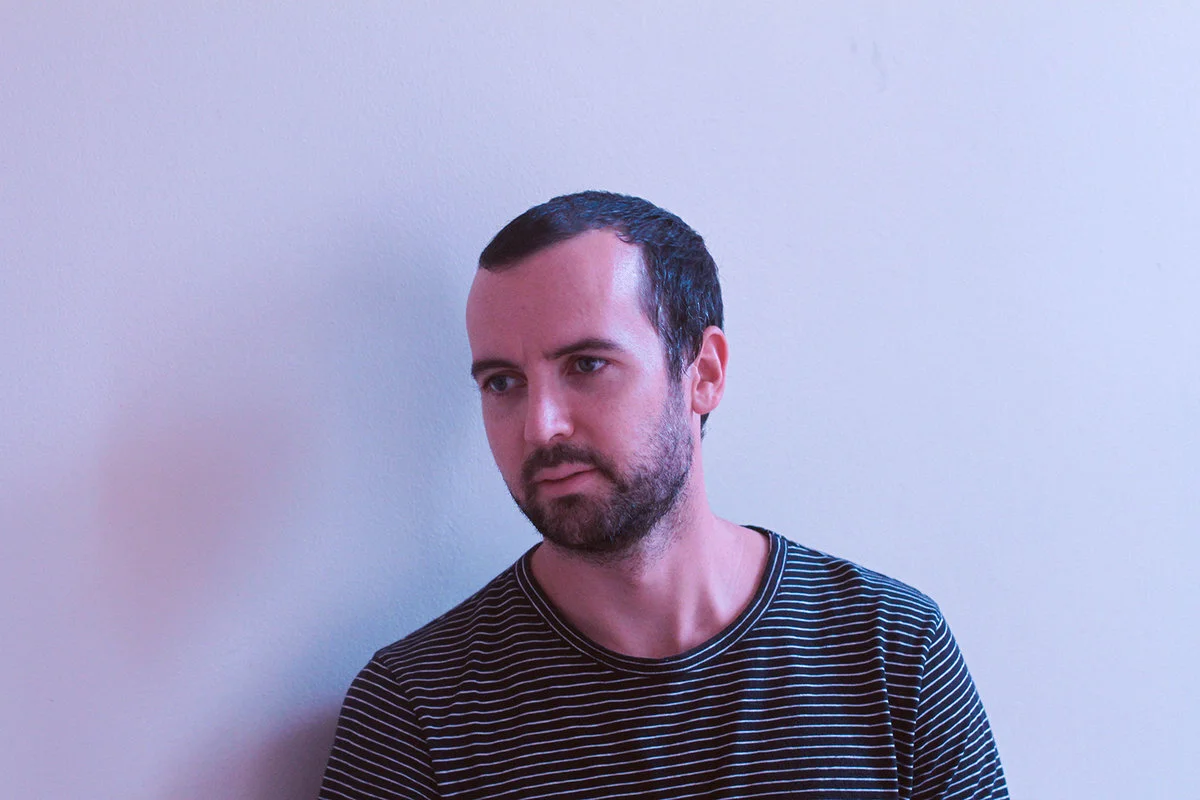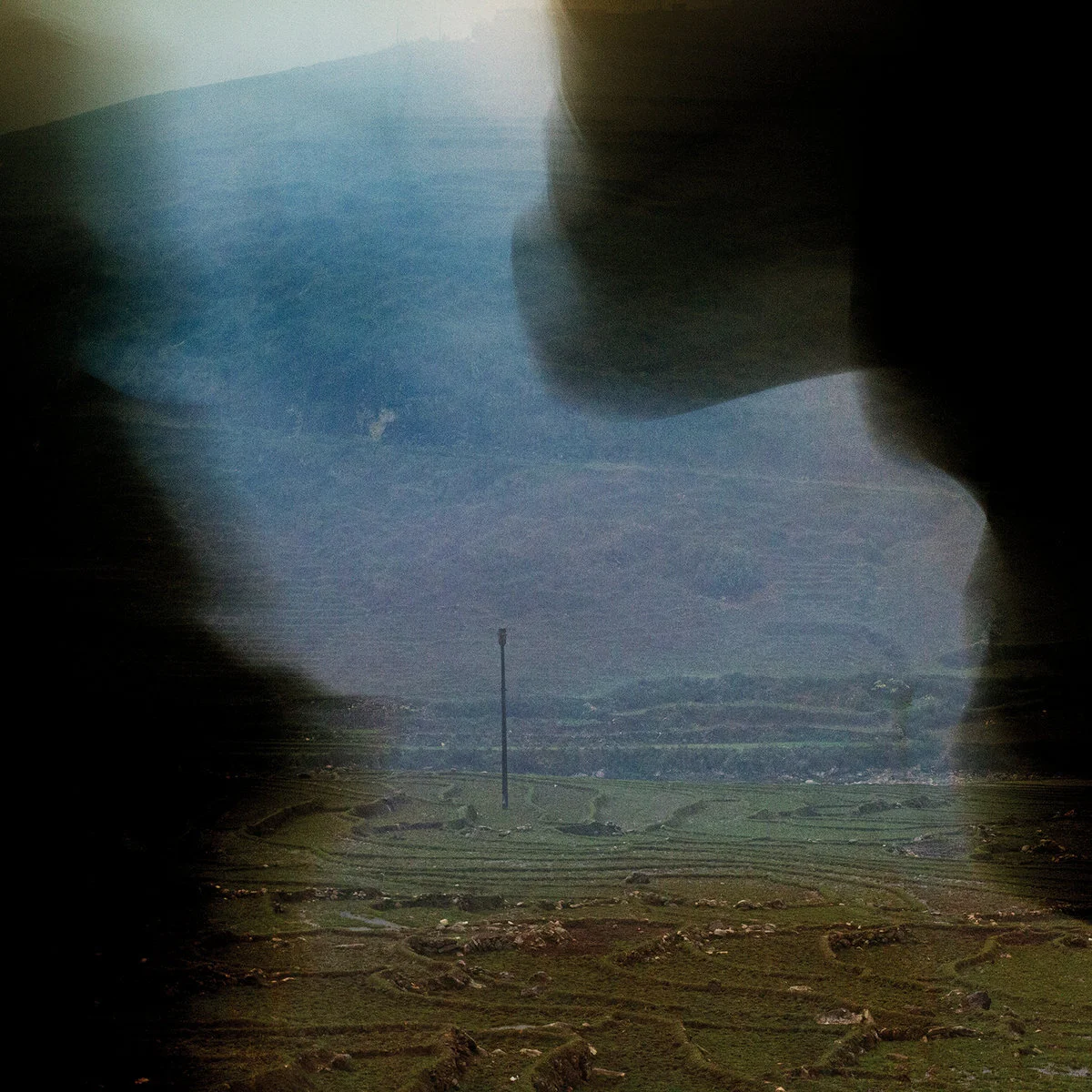Ryan Dugré
An eerie peace.
It’s the best way to describe Ryan Dugré’s most recent work, Three Rivers. Though by turns gorgeous and warm, the instrumental collection hovers on the edge of disquiet, odd burbles of guitar poking at the ears, modes and key changes creating a sense of weightlessness that pervades the album.
Three Rivers came from a song a day writing exercise, which seems at least minorly miraculous. These songs are woven expertly and concisely. “Old Hotel” rocks back and forth on an ethereal Bossa-nova groove, the ever unfolding “Shining” sprawls majestically over a lounging string arrangement and Brett Lanier’s pedal steel replicates the human voice in an uncanny fashion. Ambient music, but not for the restful. We had a short chat with Dugré about his work.
Considering this came from a song a day exercise, what was the process of working out the kinks or explaining your vision to the other musicians?
My collaboration with the other musicians started after the song a day was over. So there wasn’t a time crunch or any kind of rush. It varied as to how I approached each addition. As far as the string parts, I just let Ian Davis do his thing. I arrived at the studio without having heard what he wrote, did a quick rehearsal with the musicians then hit record. Luckily it worked out! Brett Lanier, who played pedal steel, recorded all his parts at home in Vermont. In this instance, I had specific things for him to play, but he also sent passages of different textures and colors that were used as well.
Ambient music can often be mistaken for purely “relaxing.” But much of Three Rivers edges into discomfort. Did you find yourself naturally drawn to minor keys or modes that hinted at darkness?
If so it wasn’t something that was a conscious decision. I do find it easier to connect to music with more of a weight to it. Not sure why though.
The biggest rhythmic change in the album is the near samba on “Old Hotel,” did that day of writing/recording feel like an outlier or was there something motivating that shift?
In a way it did feel like an outlier, but I thought the ending guitar bit tied it to the rest of the album. The quasi-bossa feel was something that just came up; at one point I tried to change it to something else but it didn’t feel quite as good. I love Brazilian music.
Did you find inspiration from other guitarists and musicians or more from the natural world?
Both! It’s really a mix of a lot of things - what I’ve been listening to, what I’ve been reading; it manifests in different ways. Many of the titles on this record have nature references which came after the fact. I was really digging into my ancestors’ past at the beginning of COVID, and found interesting things about their time in Canada, referenced in Three Rivers and “Glace Bay.” Musically speaking it’s hard to pin down specific inspirations, but I’ve always believed that the music community you are directly involved with plays a big part in your overall tastes and ideas - consciously or not.
With only one song going over 5 minutes, did the relative conciseness of the album come from the song-a-day format or was that a conscious boundary you put in?
Writing short pieces has somehow become my go-to. Not exactly sure why, just happened that way. I did make an effort to elongate ideas on some of the tunes on Three Rivers, and it is something I want to try more of going forward.
Is the percussion in “Wing” reverbed out footsteps?
I wish it was! I’ll have to try that. It was in fact a midi percussion sound that I put an eighth note delay on. And then in the mixing process it was tweaked some more.
Do you hear or view certain instruments as more textural or melodic part of a song as you write?
I usually start writing from a melodic stance, on whatever instrument that may be. Ideas about textures and shapes come after and are not specific to a particular instrument. Sometimes, like in the second section of “Big Pictures,” I have a more rhythmic idea first. Afterwards I had my friend Adam Dotson come in and improvise horn lines over that, which brought it into this completely different world - some of it textural and some of it melodic.
There are portions of the album, especially “In the Silence,” where the pedal steel seems to mimic the human voice. Were there lyrics or singers in mind when you wrote those lines, or was it sheerly a melody line?
Something I was trying to do with this record was to write with a singer in mind. Not exactly intending to have lyrics or someone sing, just as a prompt. Usually I work out a solo arrangement on guitar that covers the harmonic movement and melody simultaneously. This time I started with a full rhythm part while having the melody going on.
File Under: Interviews

